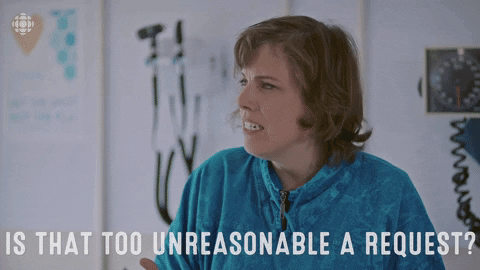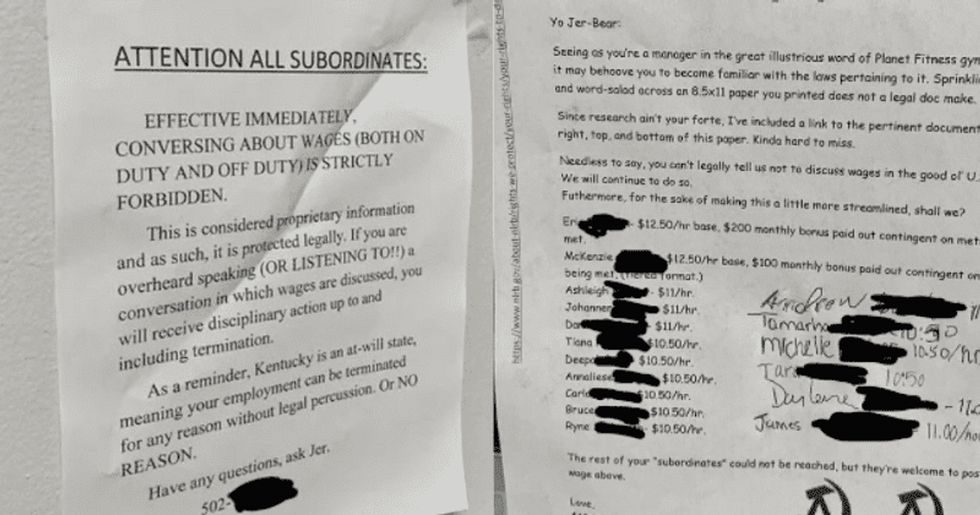Most people never come back after death touches them once. Dannion Brinkley has been there three times. His near-death experiences weren’t just brushes with mortality — they were profound journeys that reshaped his entire life. The second clinical death, in particular, altered his path in ways that continue to inspire thousands. So what did he see while “dead,” and what can his extraordinary experiences teach us about living?
In 1975, Brinkley was talking on the phone during a thunderstorm when a bolt of lightning struck his home. The shock threw him across the room, stopping his heart. As he lay lifeless, Brinkley described a surreal sensation: he felt himself floating above his body, observing everything around him with eerie clarity.
Struck by Lightning — and a New Understanding of Life
In an interview with the podcast Next Level Soul, Brinkley recounted moving through a spiraling tunnel of light. On the other side, he encountered radiant beings who showed him a “panoramic life review.” This wasn’t just a replay of his life — he experienced every action he’d taken and how those actions affected others. He recalls, “It is your intent that matters, not what you do, but why you’re doing it.”
“Death Isn’t the End — It’s a Transition”
Brinkley’s most surprising takeaway? Death isn’t the end — it’s a transition. He likened it to stepping through a doorway into a much larger room. Consciousness doesn’t vanish; it expands.
For Brinkley, this experience didn’t just change his view of death — it transformed his approach to life. He realized that love and kindness aren’t just nice ideas; they’re fundamental principles of the universe.
He explained it simply: “Love is the currency.” Every act of love, no matter how small, contributes to a richer, more fulfilled soul. In his view, love is stored in the fabric of existence itself.
⚡️ SHOCKING ⚡️
This man died 3 times:
• Lightning strike in 1975
• Open heart surgery in 1989
• Brain surgery in 1997
Doctors confirmed every death.
But, each time he saw the "SAME" thing.
What he revealed about "DEATH" will change how you see consciousness forever: pic.twitter.com/DNmHCfavgZ
— Darshak Rana ⚡️ (@thedarshakrana) December 10, 2024
A Life of Service and Purpose
Brinkley’s second near-death experience deepened his sense of purpose. He decided that if he got a second (or third) chance at life, he’d use it to help others. Since then, he’s dedicated over 42 years and more than 34,000 hours to hospice care, comforting those at the end of their lives. He’s sat with over 2,000 people during their final moments, helping them transition with dignity and peace.
For Brinkley, the key to life is a simple but profound balance: “Try to be happy, and try to be useful.” He doesn’t see happiness as a selfish pursuit but as something intertwined with helping others.
1975: A lightning bolt struck his telephone while he was on a call.
The shock threw Dannion across the room.
His heart stopped.
When paramedics arrived, he was clinically dead.
But he returned—with memories of something extraordinary.
And this was just the beginning. pic.twitter.com/5rZuBbnQsI
— Darshak Rana ⚡️ (@thedarshakrana) December 10, 2024
Fear Is a Barrier — And It Can Be Overcome
One of the most powerful insights Brinkley brought back from his near-death experiences is about fear, which he described as a self-made wall that keeps us from living fully. In the afterlife, this wall disappears, revealing who we truly are.
Brinkley encourages people to let go of this barrier and embrace life with curiosity and courage. When we stop being controlled by fear, we’re free to explore our potential and connect more deeply with others.
During the 28 minutes he was "dead," Brinkley experienced what he called *the life review.*
He relived his life through the eyes of everyone he had ever touched.
Every act of kindness.
Every hurtful word.
All laid bare.
What stunned him most? pic.twitter.com/l2dzpAVGOO
— Darshak Rana ⚡️ (@thedarshakrana) December 10, 2024
A Gentle Reminder to Live Fully
Brinkley’s story raises questions that are both haunting and inspiring: What if death is just a doorway? What if love and curiosity are the real measures of a life well-lived?
In his own quiet way, Brinkley challenges us to reconsider how we live. Are we holding back because of fear? Are we focused on what really matters? His life is a testament to resilience, love, and the belief that every moment counts.
As Brinkley often says, “We’re here to grow, to learn, and to love.”
How great would it be if the world could be a little more like Dannion Brinkley? Curious, courageous, and always ready to share a bit of love with the world.
Want to Hear More?
For a deeper dive into Dannion Brinkley’s story, check out this interview with him on the Xpnsion Network:












 It wasn't even February, so she wasn't expecting what came next.
It wasn't even February, so she wasn't expecting what came next.  The hug came first, the 'yes' took a few moments more.
The hug came first, the 'yes' took a few moments more. 






 Representative Image Source: Pexels | Oleksandr P
Representative Image Source: Pexels | Oleksandr P  Layout of the plane seatsImage Source: Mumsnet |
Layout of the plane seatsImage Source: Mumsnet | 




 Image Source: Joshua Potash | Reddit
Image Source: Joshua Potash | Reddit 



 Representative photo by luis arias |
Representative photo by luis arias | 
 Representative photo by Jamie Lee |
Representative photo by Jamie Lee | 
